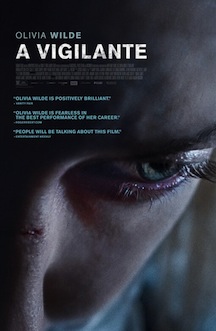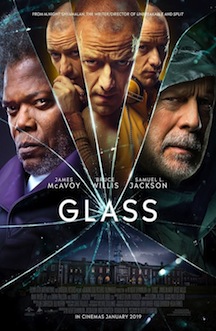Direction: Hong Sang-soo
Country: South Korea
Prolific Korean director Hong Sang-soo is known for little conversational diamonds of the modern cinema and Grass, lasting 66 minutes only, shows he still didn’t run out of narrative possibilities within the breezy, light fluency that characterizes his filmmaking style. Sang-soo keeps depicting unpretentious day-to-day situations with realism. Fortuitous encounters, actors, directors, booze, cafes, personal frustrations and peculiarities of the daily life are ubiquitous elements in his works.
The cast includes the same collaborators that join Isabelle Huppert in Claire’s Camera, namely, Kim Min-hee, the director’s muse, and Jung Jin-young. Their gracious performances feel so natural that viewers may feel like voyeurs of true-life episodes. It's true that the story produces little dramatic fireworks and doesn't conclude resolutely. However, it’s remarkable how Sang-soo manages to completely engross us in a tale that only exists for our cinematic pleasure.
Grass, his 22nd feature film, centers in Areum (Min-hee), a silent, observant young woman who spends a few daily hours in a local café typing on her laptop. She seems to be writing stories inspired by the personal dramas and complicated relationships of the ones sit around her table. A young drinking couple exchange accusations over the death of a close friend; an older suicidal actor is looking for a room and asks his younger former lover if he could stay with her, now that she moved from a tiny apartment to a two-story building; a mature heartless man blames a woman of toying with an old professor and lead him to suicide; a vain director needs something to inspire him and persuades the staring Areum to enter in his new film.
Where the reality ends and fantasy begins is up to the viewer. Meanwhile, Areum shows her temperamental side while hanging out with her brother. According to him, she suffers from spinster’s hysteria.
The classical music is occasionally intrusive while the black-and-white cinematography is aesthetically appropriate for a type of fiction embroiled in a deceptively philosophical guise.




























































